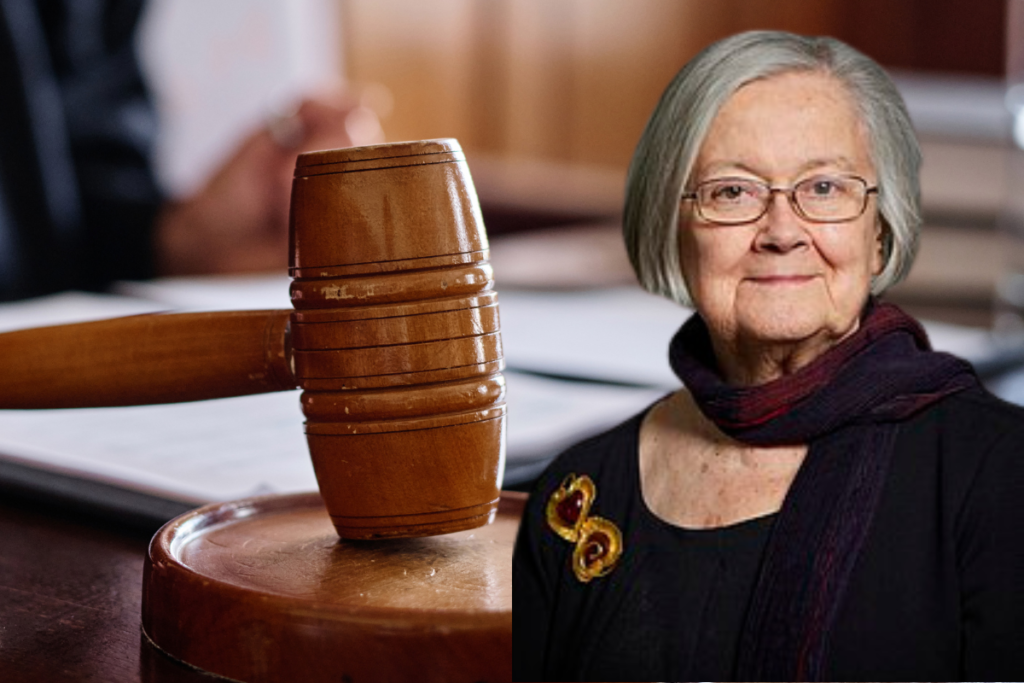The UK government has announced a £1 billion initiative to extend free school meals to an additional 500,000 children in England. This expansion, set to begin in autumn 2026, will make all children in families receiving Universal Credit eligible for free school meals, including those from households earning up to £40,000 annually.
Prime Minister Sir Keir Starmer and Education Secretary Bridget Phillipson emphasized the moral imperative of addressing child poverty. They stated that this measure aims to lift approximately 100,000 children out of poverty and is part of a broader strategy to reduce the record-high 4.5 million children living in poverty in the UK.
The initiative has been welcomed by charities and experts, who see it as a significant step toward combating child poverty. However, they have called for automatic enrollment to improve uptake, as the current opt-in system has led to up to 250,000 eligible children missing out on free school meals.
The expansion is also expected to have economic benefits. A study by Impact on Urban Health found that for every £1 invested in providing free school meals to children receiving Universal Credit, £1.38 would be returned through social, health, and educational benefits, resulting in £8.9 billion in core benefits.
This policy shift comes amid internal Labour pressure and competition from rival political promises. The government has indicated that further measures may be introduced to address systemic issues and improve the sustainability of water services across the country.
While the ban on bonuses is a significant step, it is part of a broader effort to reform the water industry. The government has indicated that further measures may be introduced to address systemic issues and improve the sustainability of water services across the country.
This outcome underscores the unpredictable nature of Scottish politics and the potential for significant shifts in voter allegiance. As political parties analyze the results, the Hamilton, Larkhall, and Stonehouse by-election will likely be viewed as a pivotal moment in Scotland’s evolving political landscape.



